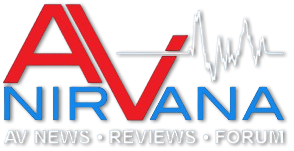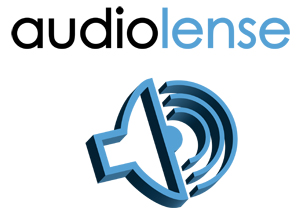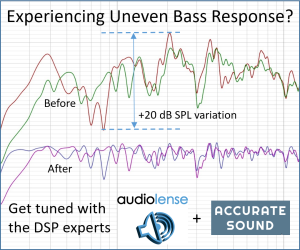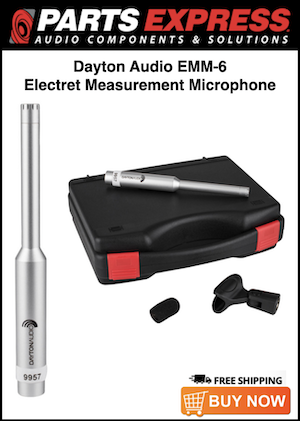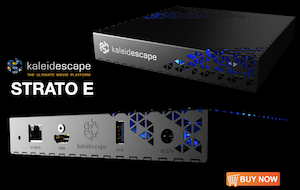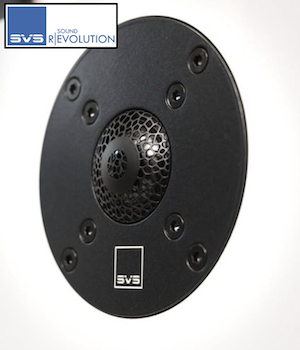menlobob
New Member
Thread Starter
- Joined
- Sep 20, 2019
- Posts
- 13
So I'm just getting started and I have a UMIK and a 8 channel interface for my active crossovers. Is there any advantage to getting an analog calibrated mic and running it through the audio interface so the output and input share the same clock source? I've seen some mentions of this in the past with various techniques and was wondering how this plays out with Audiolense in particular.
